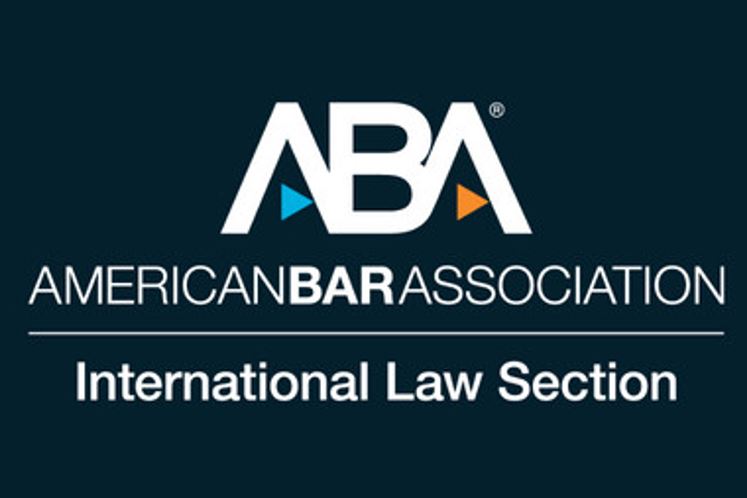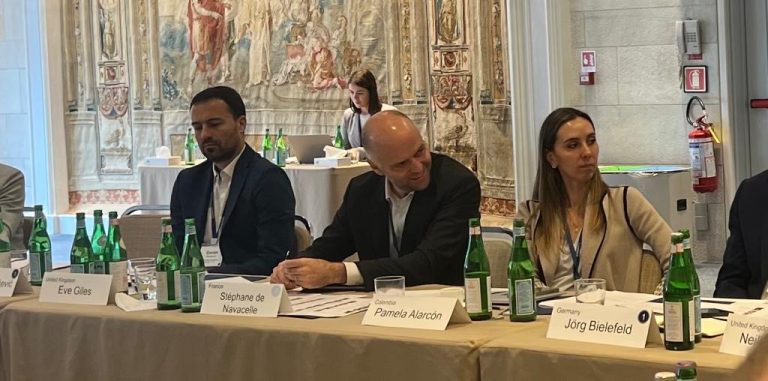I. Can allegations of corruption serve as a bar to jurisdiction of arbitral tribunals or admissibility of claims?
If we are dealing with patrimonial and disposable rights, there is no issue with the admissibility of the claim. If it impacts the validity of the contract, the arbitration clause will remain valid due to the principle of separability, provided for in art. 8 of the Brazilian Arbitration Act (Law No. 9,307/96) (the “Arbitration Act”), which reinforces the jurisdiction of the arbitration court to deal with the matter. If the civil aspects depend on the definition of some fact that is being discussed in the criminal sphere, the arbitration should be suspended until the matter is defined, in line with art. 200 of the Civil Code.
It must also be mentioned that criminal conducts shall only be investigated and prosecuted by public authorities, and not arbitral tribunals.
II. Can allegations of corruption affect the validity of an arbitral award?
Allegations of corruption may affect the validity of an arbitral award. According to the Arbitration Act, in its art. 32, an arbitral award may be nullified if it is proven that the award was granted through corruption. It is important to mention that the mere allegation is not enough, as there should be evidence to attest and to seek remedies against the validity of the award due to the practice of corruption. This hypothesis is triggered when considering the allegation of corruption of the arbitral tribunal, not of the facts under dispute per se.
Thus, it is our understanding that the allegation of the delivery of an award in which the dispute was affected by corruption, may also be eventually used to question the validity of the award itself, considering that corruption is a matter of public order.
III. In annulment or enforcement proceedings, can the court review the award and the merits to determine whether corruption or related offences affect the underlying dispute?
The Judiciary may not review the merit of an arbitral award. The hypotheses for annulling an arbitration award are limited and involve a violation of public order, but even in this more serious case, in which corruption could be considered a matter of public order, the award would be annulled and a new award would have to be issued by the arbitration court (if possible, considering the limitation and statute of limitations periods). The Judiciary cannot modify, amend or anyhow resolve the case in the manner it deems most appropriate.
IV. Can courts review corruption allegations which have not been raised in the arbitration?
It is our understanding that courts may review corruption allegations which have not been raised in the arbitration, based on the fact that corruption is a matter of public order. If evidence of corruption is brought to the attention of public authorities in Brazil, a criminal investigation will necessarily be launched into the respective facts, regardless of the allegations or not, in an arbitration proceeding.
V. Do courts defer to the arbitral tribunal’s finding that no corruption acts were committed?
Based on our understanding and experience, courts do not necessarily defer to arbitral tribunal’s findings. The public authorities may analyze the respective elements, but the launch of an independent public investigation, through the so-called police inquiry, is the relevant proceeding to gather the evidence needed to determine whether corruption was effected, or not, and its respective authors.
VI. Is there a standard of proof used by arbitrators and reviewing courts to assess the existence of corruption?
Depending on the specific case, possible omissions will be analyzed, as well as the indications that parties intended to corrupt, or that there is no evidence of the service provided, etc. The mere suspicion of corruption, such as an allegation with no demonstration, will usually not be enough.
According to our understanding and experience, reasonable grounds or pieces of evidence demonstrating the practice of corruption may lead the public authorities to launch the respective criminal investigation into the matter, although equally dependent on a case-by-case analysis.
VII. Which method do arbitrators and reviewing courts employ to establish evidence of corruption?
We do not have public cases in Brazil involving arbitration and corruption, However, according to our experience, evidence for demonstrating the practice of corruption may be, among others, through accounting/financial records, contracts, lack of proof of services being provided, and notes.
In arbitration, it is our understanding that the tribunal may launch investigative measures when faced with suspicions, although it is valid to mention that the arbitral tribunal does not investigate corruption to criminally punish the party, but to determine the civil consequences of finding or not the wrongdoing in the facts under dispute.
VIII. Are arbitrators seated in your jurisdiction bound by criminal proceedings on issues that could impact the underlying arbitration dispute?
This is a controversial matter. It is possible to argue that according to art. 17 of the Arbitration Act, arbitrators, when exercising their functions or by reason thereof, are considered equivalent to public servants, for the purposes of criminal legislation. In addition, according to art. 40 of the Brazilian Criminal Procedure Code, when, in records or documents that they are aware of, judges or courts verify the existence of a crime, they will send to the Public Prosecutor’s Office the copies and documents necessary for filing of a criminal complaint.
From a Brazilian point of view, criminal law is not subject to arbitration and arbitration cannot rule, convict or acquit, on matters relating to criminal conducts. Considering that arbitration and criminal proceedings are independent from each other, there is no need for suspension, however, it is possible to affirm that arbitration may be affected by findings and decisions of criminal cases, and parties may present, in the course of criminal proceedings, evidence produced in the arbitration, which will be subject to the analysis of the competent authorities alongside other relevant elements.
IX. To what extent do they rely on or defer to findings from parallel criminal investigations?
Depending on a case-by-case basis, we understand that arbitral tribunals may decide to stay their proceedings until the conclusion of an ongoing criminal process, and defer to its findings.
X. Are remedies available when an arbitral tribunal rules that there is no evidence of corruption but subsequently a criminal ruling decides otherwise?
Although this intersection is a complex issue in Brazil, in theory the interested party may file an annulment, in an attempt to demonstrate that the ruling is not sustainable, which will be subject to further analysis depending on the existing evidence.


